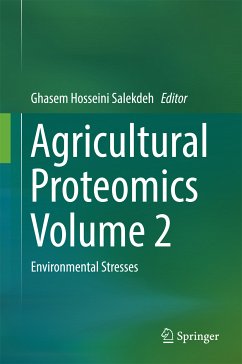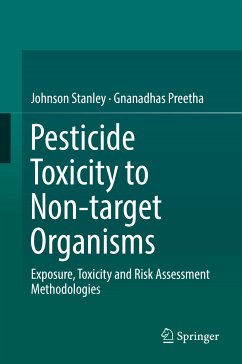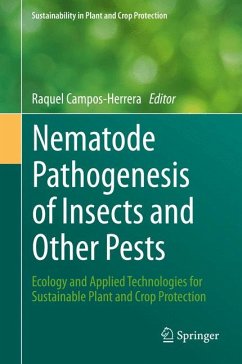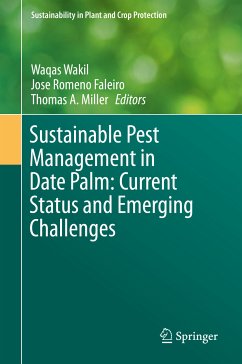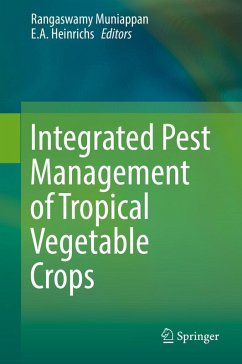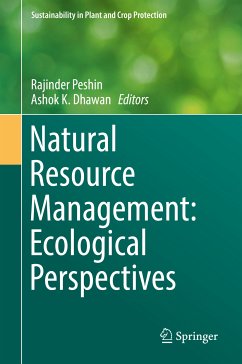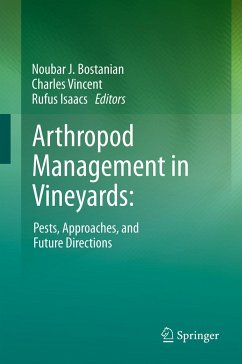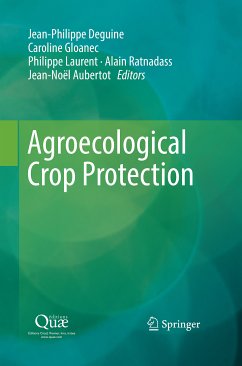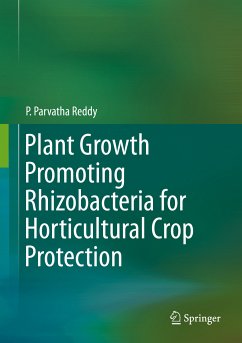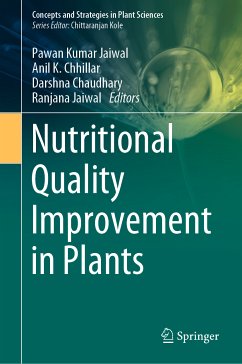
Agricultural Proteomics Volume 1 (eBook, PDF)
Crops, Horticulture, Farm Animals, Food, Insect and Microorganisms
Redaktion: Salekdeh, Ghasem Hosseini
Versandkostenfrei!
Sofort per Download lieferbar
112,95 €
inkl. MwSt.
Weitere Ausgaben:

PAYBACK Punkte
56 °P sammeln!
This book will cover several topics to elaborate how proteomics may enhance agricultural productivity. These include crop and food proteomics, farm animal proteomics, aquaculture, microorganisms and insect proteomics. It will also cover several technical advances, which may address the current need for comprehensive proteome analysis.An emerging field of the proteomics aim is to integrate knowledge from basic sciences and to translate it into agricultural applications to solve issues related to economic values of farm animals, crops, food security, health, and energy sustainability. Given the ...
This book will cover several topics to elaborate how proteomics may enhance agricultural productivity. These include crop and food proteomics, farm animal proteomics, aquaculture, microorganisms and insect proteomics. It will also cover several technical advances, which may address the current need for comprehensive proteome analysis.
An emerging field of the proteomics aim is to integrate knowledge from basic sciences and to translate it into agricultural applications to solve issues related to economic values of farm animals, crops, food security, health, and energy sustainability. Given the wealth of information generated and to some extent applied in agriculture, there is the need for more efficient and broader channels to freely disseminate the information to the scientific community.
Dieser Download kann aus rechtlichen Gründen nur mit Rechnungsadresse in A, B, BG, CY, CZ, D, DK, EW, E, FIN, F, GR, HR, H, IRL, I, LT, L, LR, M, NL, PL, P, R, S, SLO, SK ausgeliefert werden.



